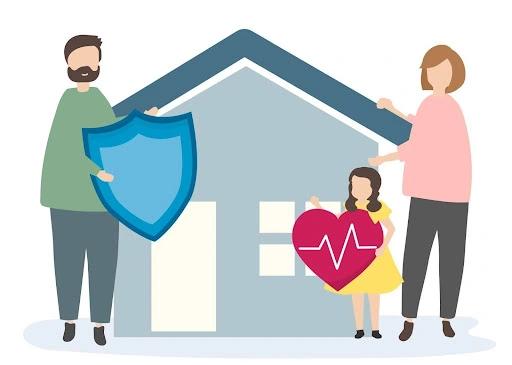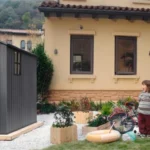Many Californians live in older homes or apartments that come with character, and sometimes, hidden issues. From outdated plumbing to leaky windows and malfunctioning heaters, these conditions can extend far beyond mere inconvenience of California Law. At a certain point, they cross a legal line.
Under California law, every landlord is required to provide tenants with a home that meets the basic standards of habitability. If a home lacks safe heating, has pests, or poses health risks like mold or gas leaks, it is not legally fit to live in. That is when knowing your rights and having access to a Los Angeles tenant lawyer becomes critical.
What Makes a Home Legally Habitable?
The law requires landlords to maintain specific minimum standards, even if the lease says otherwise. These include:
- Functioning plumbing, heating, and electricity
- A secure roof, windows, and doors
- No serious water leaks or structural damage
- Safe stairs and floors, free from major hazards
- No significant pest infestations
- Working smoke and carbon monoxide detectors
These are not cosmetic issues. They are considered essential for health and safety. A heater that fails in the winter or a persistent mold problem is more than an annoyance. It could violate your legal right to a safe home.
What Tenants Should Do First
If you notice something wrong, whether it is faulty wiring, a broken lock, or signs of vermin, document the problem clearly. Take photos or videos, and write a dated notice to your landlord explaining what needs attention.
California law gives landlords a “reasonable time” to respond, typically around 30 days. But for serious issues, such as no heat or a gas leak, repairs must happen much faster.
Always keep records of your requests. If the landlord fails to act, those records can later support your legal case.
When Repairs Are Ignored
If a landlord does not respond in a reasonable timeframe, tenants may have options. California law may allow you to:
- Pay for the repair yourself and deduct the cost from your rent (within limits)
- Withhold rent entirely until the problem is fixed (in serious cases)
- Move out without penalty if the home becomes unlivable.
- File a claim for damages if your health or property has been harmed.
These steps should be taken with care. Some actions, such as withholding rent, can trigger legal disputes if not done correctly. That is why speaking with a qualified Los Angeles tenant lawyer can help you decide on the safest approach.
Common Hidden Hazards
Some of the most serious risks in older homes are not immediately apparent. Be alert to:
- Persistent dampness or musty smells (possible mold)
- Drafts or inconsistent heat (poor insulation or broken heating systems)
- Strange smells from gas appliances
- Signs of pest activity, such as droppings or chewed materials
- Loose or exposed wires
These conditions can pose health and safety risks. Even if they do not seem urgent, they may qualify as legal violations of your housing rights.
What Landlords Cannot Do
California law protects tenants from retaliation. If you request repairs and your landlord responds by increasing the rent, threatening eviction, or reducing services, that may be considered illegal.
You also have the right to privacy. Landlords must give proper notice before entering your unit, except in emergencies.
If your complaints are met with hostility or threats, it is time to consult a legal professional. You do not have to face the situation alone.
Final Thoughts
Everyone deserves a home that is safe, warm, and secure. California law recognizes that — and gives tenants clear rights to enforce it.
If you are living with problems your landlord refuses to fix, it is not only frustrating. It could be a violation of your legal protections. Keep records, ask for help, and be aware that support is available. Groups like Castelblanco Law Group provide guidance and representation for tenants who need to hold landlords accountable.
A home should not come with hidden risks. You should never feel unsafe in your own home. Learn your rights, speak up early, and take action if your landlord falls short of expectations. Because safe housing is not a luxury, it is the law.







